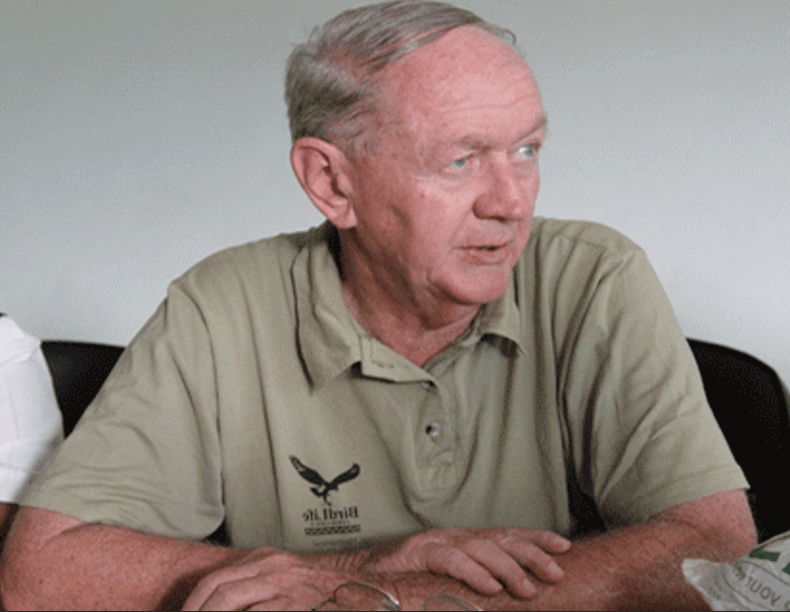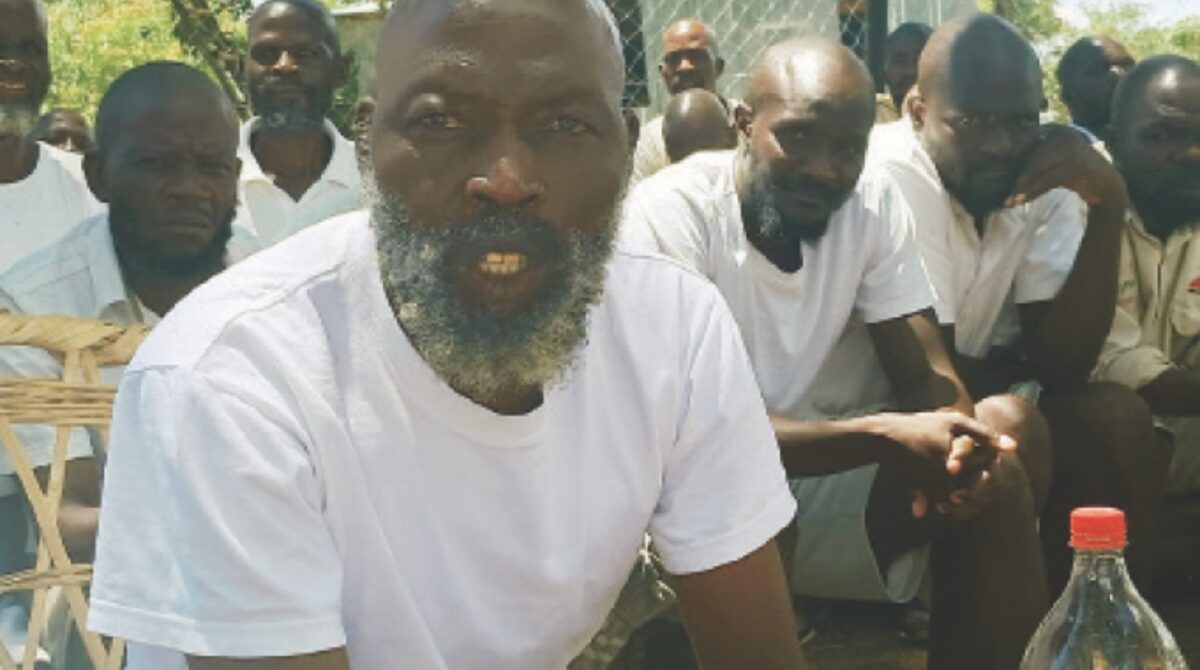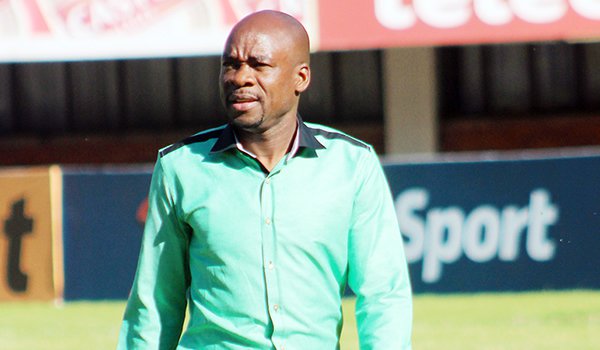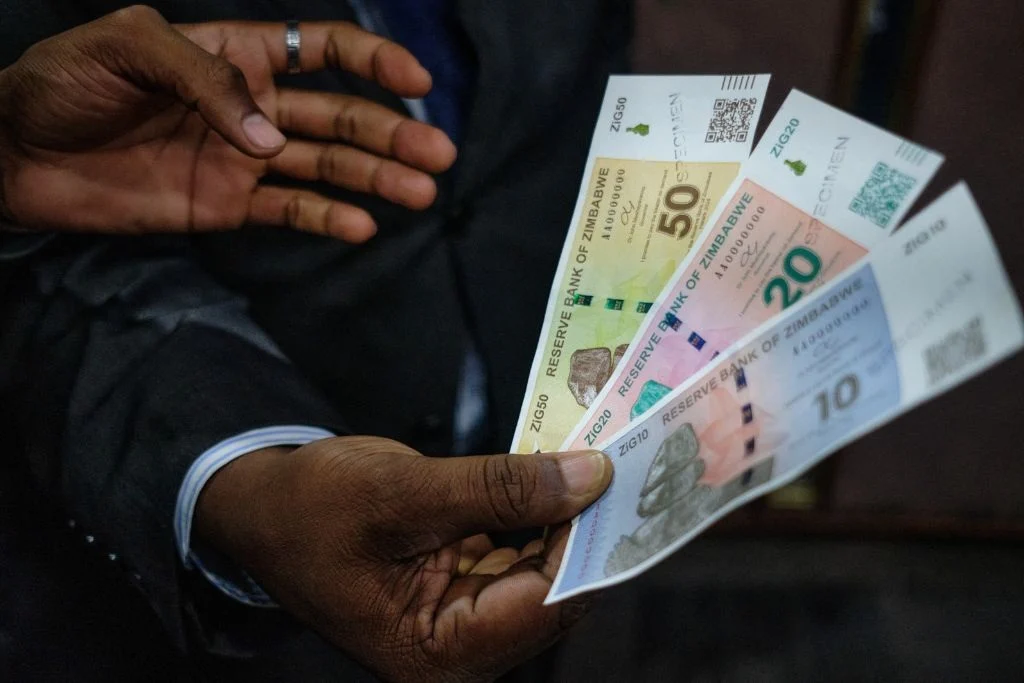HARARE – President Emmerson Mnangagwa’s biographer Eddie Cross claims the Zanu PF leader was a hostage to military interests for seven months after assuming power following a military coup in November 2017.
Mnangagwa, who had fled the country after being sacked as vice president just a month earlier, was invited by the junta to lead the government following the ouster of Robert Mugabe, 37 years in power.
In a revealing interview, Cross claims “resistance to change” inside the government “has been massive” – suggesting that Mnangagwa and the military remain at loggerheads over the future direction of the country.
Cross was an opposition lawmaker before switching sides to be an unlikely backer of the Zanu PF government, a move which some trace to the 2018 appointment of Mthuli Ncube as finance minister, and his decision to reach out to Cross to work as his adviser.
“The president set out a very clear reform agenda, the tragedy of it was that after the coup for the next six months, seven months, he didn’t really control government, the supporters for the president in the cabinet were a minority,” Cross claimed in an interview with TechZim.
“The military held a disproportionate role. After the (July 2018) election, those anomalies in the government were rectified to a large extent and he’s much more in control. But even so, the resistance to change inside the administration has been massive, but that has not changed his basic stance.”
Mnangagwa’s official biography, ‘A Life of Sacrifice’, was published in August with Cross revealed as its unlikely author.
Now a cheerleader of the ruling regime, Cross claims that Mnangagwa has “started doing the right things” and Zimbabweans should “start recognising it.”
But it is his comments that Mnangagwa is not completely aligned with military partisans that point to deepening problems in the ruling party.
Internal Zanu PF elections in the districts have turned into high-stake contests as Mnangagwa’s supporters go up against a faction aligned to his deputy, Constantino Chiwenga, who led the military coup that ousted Mugabe before swapping his camouflage for suits.
Zanu PF insiders say Chiwenga and some in the military feel Mnangagwa has not kept his promise to reward them, while others accuse him of turning the government into a tribal project for his Karanga clan. Mnangagwa has also faced accusations of idly watching as his wife, Auxillia, and children build fortunes from tender corruption, cash-for-access and extorting foreign investors.
Yet Cross, an economist, insists that Mnangagwa is doing a great job on the corruption front.
“His basic stance is that he is a reformer, he knows what’s got to be done and he’s a fairly effective decision maker, but to get a decision out of government you often have to go to him for overriding authority or you don’t get a decision at all. The corrupt elements in the administration have been disproportionately influential,” Cross said, appearing to blame corruption on a military clique that Mnangagwa is supposedly unable to touch.
Cross added: “If you look at the ways he has introduced reform into the gold sector, his family is well known to be a major player in the gold industry. It’s not been in his family’s direct interests to reform the gold sector, but he’s doing it, and he’s done the same with diamonds, he did the same with fuel, that’s why fuel is in free supply today and that’s why (Kudakwashe) Tagwirei is no longer in the fuel sector.”
Contrary to Cross’ claims, Tagwirei remains a key player in the fuel sector through his company Sakunda Holdings, although its partnership with Swiss commodities firm Trafigura ended – not because of Mnangagwa’s reforms but the fear of international sanctions.
Cross was appointed to the Reserve Bank of Zimbabwe’s Monetary Policy Committee, but in February it was revealed that he had “resigned”. He denies this, instead revealing that he was fired for being outspoken, although he admits he remains an unpaid adviser to “people in authority.”
He said finance minister Ncube and RBZ governor John Mangudya were “personal friends”, adding: “I was fired. I’m too outspoken, that’s me. I like my freedom, I like being independent and I like telling it like it is. If you’re in a structure like the monetary policy committee, that’s a no no, and I accepted that.
“When it was pointed out to me that I was being a bit too outspoken, I was happy to retire, resign, and I did. But they didn’t tell the markets that I wasn’t there anymore for a while. Now I’m a healthy member of the informal sector.”
Cross said Mangudya and Ncube – a personal friend for 30 years – “appreciate tough talk based on fair assessment of realities.”
“I’m an informal adviser to people in authority. I’m not a decision maker, I’m just a person of influence,” Cross said of himself.















